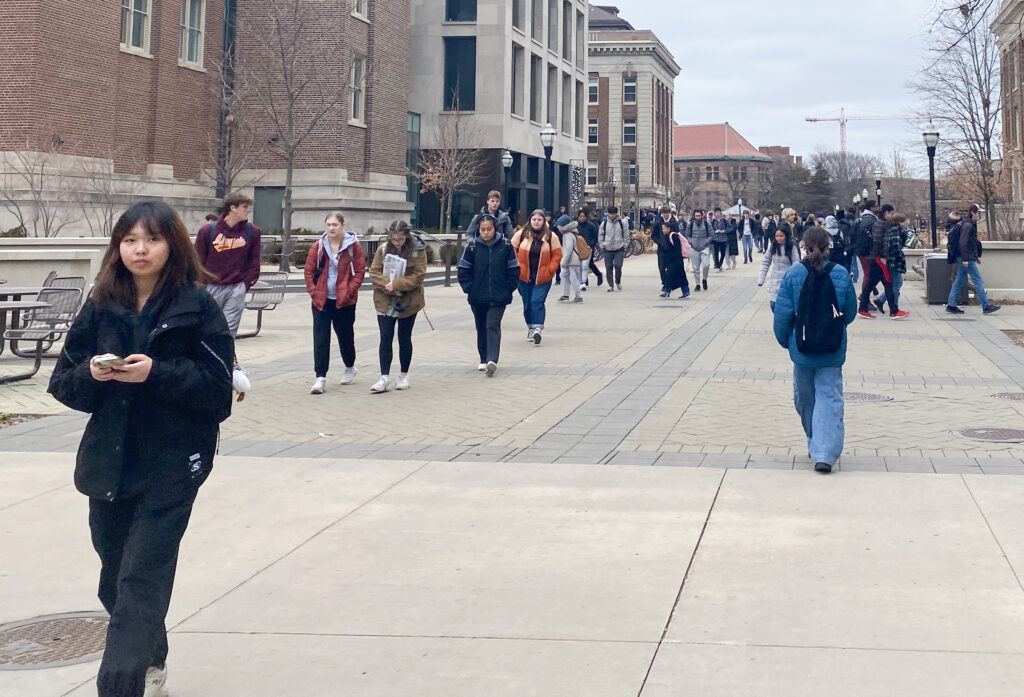Upward Bound helps students discover their potential in college
The program helps many first-generation students succeed in college by developing educational skills and providing advice while they are still in high school.

University of Minnesota students walk along the Church Street Pedestrian Mall in Minneapolis, Minn., on Friday, Feb. 23, 2024. Upward Bound ensures that every student succeeds in college.
By Amirah Razman
If not for the Upward Bound program for college readiness in high school, Malee Yang said she would have probably gone to college — but not a school as big as the University of Minnesota.
“I felt alone in this journey, so I would’ve wanted to go somewhere smaller where people are close-knit,” said Yang, a first-generation student now in her third year studying business marketing and education at the university.
Yang participated during all four years of high school in the Upward Bound program, a high school preparatory program that assists students with skills needed to enter college, including general education and ACT prep classes.
“I came out relieved and feeling like I can always learn new things and be more willing to explore,” she said.
The program is funded by the United States Department of Education as part of a trio of programs known as TRiO. They are products of the Economic Opportunity Act of 1964 and the Higher Education Act of 1965, which were enacted to facilitate the education, health, employment and general healthcare for lower-income and first-generation students.
TRiO has an office located at the university’s College of Education and Human Development, and its Upward Bound program serves 118 high school students in Minneapolis.
Over 1,300 students attended Upward Bound programs in Minnesota during the 2022-23 school year. An estimated 80% end up attending college, according to the program’s fact sheet.
Tricia Wilkinson, director of the university’s Upward Bound program, said that the program is designed to address barriers first-generation students face in earning a degree due to college culture and rigorous coursework.
“Our programs are really about preparing high school students to be ready to earn a college degree,” Wilkinson said. “We’re not preparing students to get accepted to college. We’re preparing students to earn a degree.”
Yang, who graduated high school in 2021, said she was attracted to Upward Bound’s summer program, which involved visiting and taking classes at a college campus. The program gave her direct insights she could not gain at home, she said.
“My parents have no idea what college life is like,” Yang said. “I wanted to get involved and felt I have to figure it out for myself.”
Along with offering her a support system to help navigate college life, she said the program’s ACT prep workshop helped her get a high score on the exam.
“I don’t think I would’ve done it myself if I wasn’t in Upward Bound. I think I would have gone into [the ACT] blindly,” Yang said.
The financial aid workshop also helped Yang and her family plan for the costs of college and offered a workshop on how to fill out the Free Application for Federal Student Aid form.
“The first time I did it, it was really hard. My parents didn’t know what was going on and they had no idea what tax information we needed,” Yang said. “I really did appreciate that Upward Bound walked you through the steps for applying for financial aid.”
Pranav Sundararajan, a fourth-year student at the university studying economics and mathematics, worked as a tutor for the program. He said it’s validating to see students succeed in college because of the skills they learned through Upward Bound.
“I was very fortunate to have mentors and teachers in school who I could really relate to being an international student from India,” Sundararajan said. “The environment that I had growing up was definitely not the environment a lot of these students go through.”
The program was nurturing, Sundararajan said. He and other Upward Bound employees would arrive at Appleby Hall by 8 a.m. each day to plan materials and figure out what each student needed to accomplish during the classroom sessions, offering individual guidance as needed.
“It’s not about just giving them the answers but also compartmentalizing the difficult topics into simple, key concepts,” Sundararajan said.
Yang added that her Upward Bound adviser encouraged her to live in the dorms and join the Hmong Living Learning Community her freshman year, which was the best decision she made.
She said if she hadn’t lived in the dorms, she would have not become a member of the multicultural sorority Alpha Phi Gamma, the marketing chair for the Hmong Minnesota Student Association and a worker for the University Retirees Volunteer Center.
“I met a lot of friends freshman year while I was dorming that dragged me into my activities,” Yang said. “I’m glad that I’m here because I did get the full college experience.”

